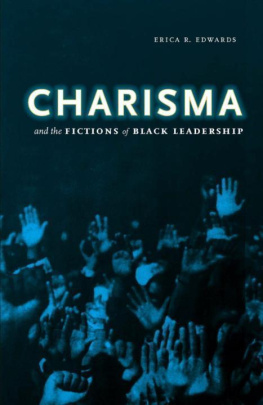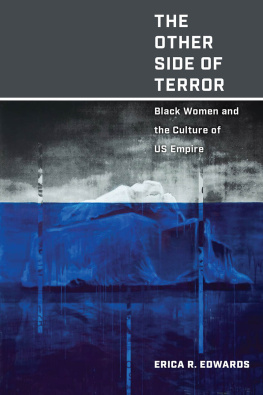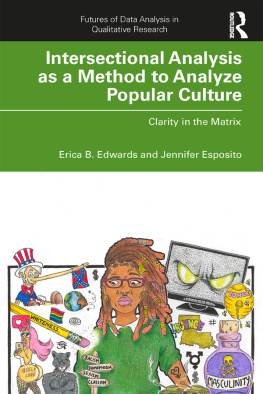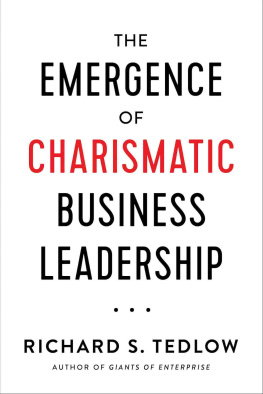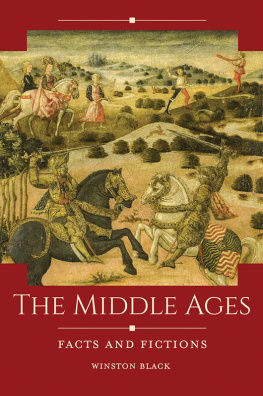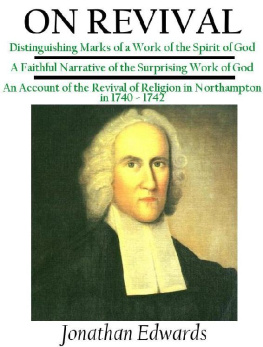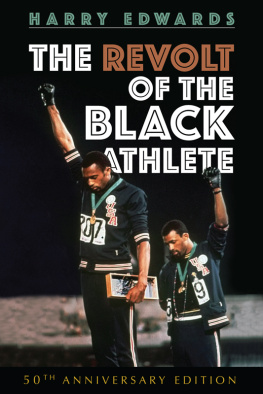Roderick A. Ferguson and Grace Kyungwon Hong
SERIES EDITORS
Erica R. Edwards
Difference Incorporated






IX
Part I. Charisma
Fictions of African American Leadership 3
The Aesthetics of Black Political Modernity 35
Part IL Contestations
Gendered Violence in Zora Neale Hurston's Gothic 77
The Vanishing Spectacle in Civil Rights Fiction 105
Part III. Curiosities
Black Politics and Popular Culture after Civil Rights 135
Toni Morrison's Paradise and African American Literature's Holy Hollow 167

IT WAS IN THE IMMEDIATE WAKE of destruction, loss, and dispossession wrought by 2005's Hurricane Katrina that performing and recording artist Erykah Badu stopped the clock on the progress of black public protest. Called to stage to sing her own "Time's a Wastin" at a televised rally organized by the Millions More Movement to celebrate the tenth anniversary of the Million Man March, Badu interrupted her scripted performance and staged what performance theorist Diana Taylor calls un relajo, "an act with an At her cue to sing, she instructed the band to "hold on," then launched into a recasting of her own role in the drama of protest: offering a slightly extemporaneous speech rather than the song, Badu invited the marchers to reevaluate their expectations for social change after Katrina. The performance was a restaging of what I will call throughout this book the charismatic scenario, a cosmology, mythology, and performative technology for African American mass mobilization that has structured public desires for black political leadership throughout the long twentieth century, from Reconstruction to the present.
I am offering Badu's performance as an entry point into the work that follows for two reasons. First, it exposes how the contemporary scenario of charismatic black political leadership unfolds in tense articulation with understandings of race, gender, nation, and authority. Wearing a pencil skirt and a matching ten-inch-high head wrap, surrounded by stocky men in dark suits who stood silently with arms folded until they were called on to interrupt the singer's "acting out," Badu called attention to the woman's role in the charismatic scenario as, at best, a conscious supporter who helps introduce the authentic source of power and a social reproducer responsible for passing on long-held political morals, and, at worst, an essential prop in a drama that was all about millions of men despite its language of inclusion. She walked bold-faced into a discursive trap of politicoreligious authority configured around one powerful male aura; it was a trap that left only a momentary opening for her radicalization of the politics of the march. Second, Badu's performance serves as an analog for how African American cultural texts have existed in constant tension with charismatic leadership as a scenario of black political modernity and postmodernity. African American cultural production, over the course of the twentieth century, has served as an archive of contestation, a record of discursive struggle surrounding the making of charisma as an animating fiction of contemporary black politics.
Erykah Badu was one of the dozens of public figures to address the Millions More March, including Washington, D.C., councilman Marion Barry, National Black Leadership Roundtable president Walter E. Fauntroy, opera singer Brenda Jackson, Rainbow/Push Coalition founder and president Jesse Jackson, author Charles Johnson, professors Ron Karenga and Cornel West, economist Julianne Malveaux, African Methodist Episcopal bishop Vashti McKenzie, talk show host Tavis Smiley, Nation of Islam minister Ben Chavis Muhammad, and, most centrally, minister Louis Farrakhan. She appeared late in the televised program that Saturday afternoon in October on the National Mall, when the program was running short on time. After greeting the crowd and halting the first bars of "Time's a Wastin," Badu stood still, hands folded over her stomach, and offered a cumbersome exhortation that delayed her song for nine minutes':

Figure 1. Erykah Badu performs at the Millions More March. Millions More Movement, Afternoon. C-SPAN Video Library. Washington. D.C.. 2006.
Y'all hear me sing all the time, and I didn't come out here this eveningthis afternoon-to perform.... I came representing all the mothers... the fathers ... the sisters, the brothers, the children, [prolonged silence] the new world. Our thinking has become very progressive.... so it's time to leave the old ways behind.... I want to acknowledge the elders and ask them if I may speak freely [prolonged silence]. I'm not gonna waste your time ... because we have a very short time.... A lot of us believe in God.... Well I'm here today to tell you that the God you serve is real [prolongued silence]. I don't-I don't need you to clap, I just want to say these words because I'm ready to hear the Minister perform.
As she continued her impromptu lecture, she stared into the crowd, squinting in the afternoon sun, and punctuated her oration with mystical exhortations:
I didn't come here today to get applause! I came to you to speak ... from my mind and my heart, that this is the beginning of the new world.... We have no more time.... There will be no more leaders.... The waters have come, but we forget: we are water. We are the land. We are the reparations. We are the dead.... We are the children!
Much of the speech was an attempt to disrupt a narrow racial politic, a plea for progressive organizing across racial lines; Badu had joined the Millions More conveners months before, in fact, to be a public voice for cross-racial unity. So she chastised the crowd, "It's total ignorance to continue to hate one another! If we continue to move in the same direction, we will never get there."

